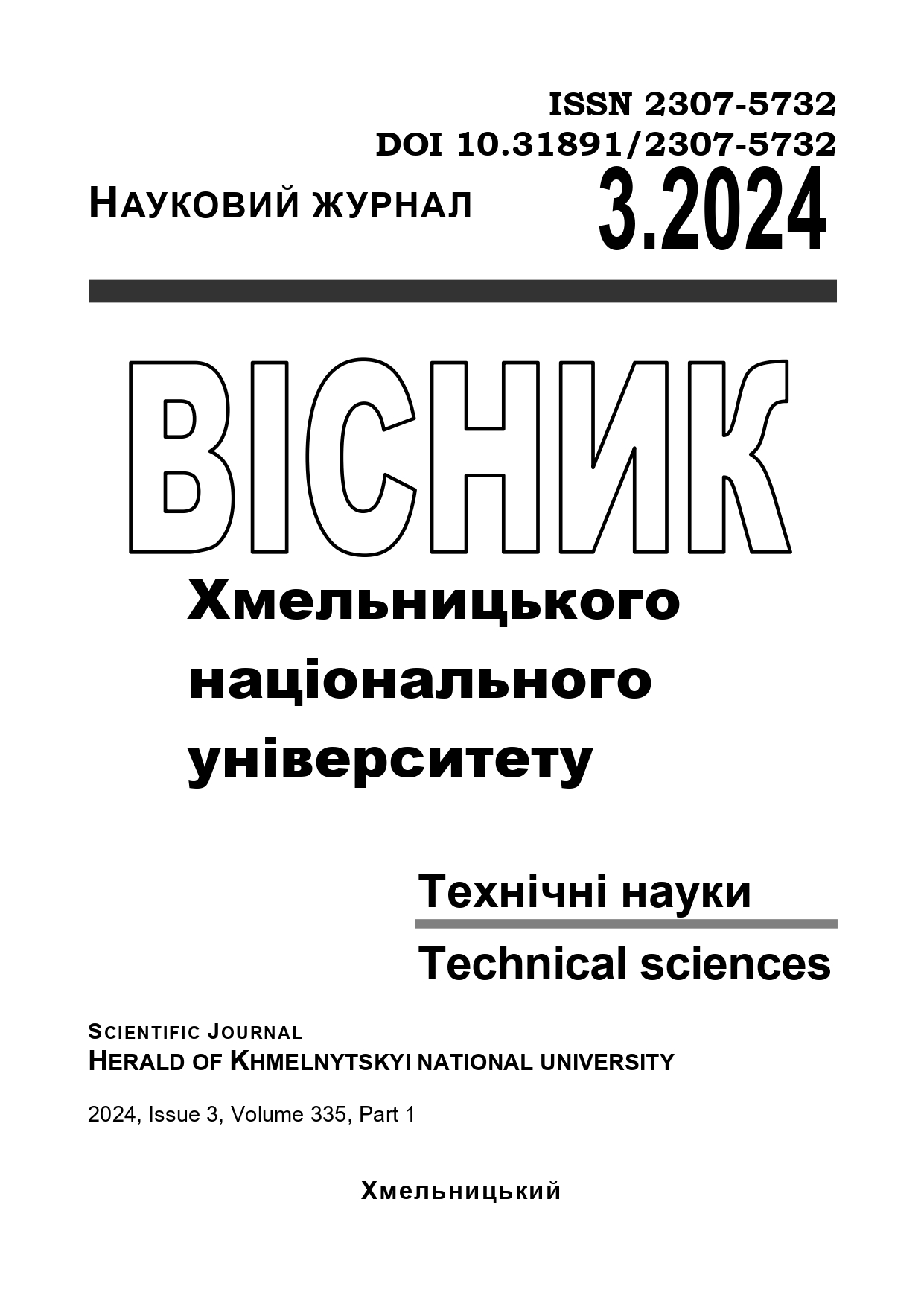INTELLIGENT CONTROL SYSTEM OF A SAPER ROBOT IN A VIRTUAL ENVIRONMENT
DOI:
https://doi.org/10.31891/2307-5732-2024-335-3-43Keywords:
cyber-physical systems, virtual reality, intelligent control systemAbstract
Intelligent industry is mostly composed of cyber-physical systems, however humans are still essential. Under these circumstances, virtual reality technologies are quickly incorporated into intelligent systems. These techniques will surely have a bigger impact on the simplicity of use and flexibility of cyber-physical systems.
The ongoing need to modify production systems to meet client requirements necessitates the introduction of new methods for process organisation or production management. When making decisions on the automation and computerization of the data flow, it is very important to have experience and training in novel scenarios. Virtual reality technology undoubtedly aids in achieving these goals without obstructing actual operations or imposing undue financial burdens.
Experience training sessions may be used more frequently and in a wider variety of ways thanks to the cost and risk reductions associated with the use of virtual reality in training. By specifying the sub-components, models, tools, and settings of the virtual reality training course as well as the tasks that participants must complete, this method enables the entire programme to be organised in an immersive context. Coordinated and recorded actions are taken.
The following benefits are justifying the use of virtual reality:
- Saving time: people learn faster thanks to exciting trainings.
- Cost savings: unlike real-time training, which is difficult to scale and replicate, training can be easily distributed across different convenient
- Improves engagement: soft communication skills and procedural learning require a realistic environment.
- Improves memory: students retain more information for longer when they are fully engaged physically and emotionally.
- Increases safety: on-site training is challenging and access to areas may be dangerous or difficult. Also, repeating the operation as many times as necessary to learn from mistakes is not a risk.
- Improves analysis: the digital aspect of virtual reality learning allows for real-time data collection. It can provide immediate feedback to listeners and quickly demonstrate results to the board through large-scale impact analysis.

